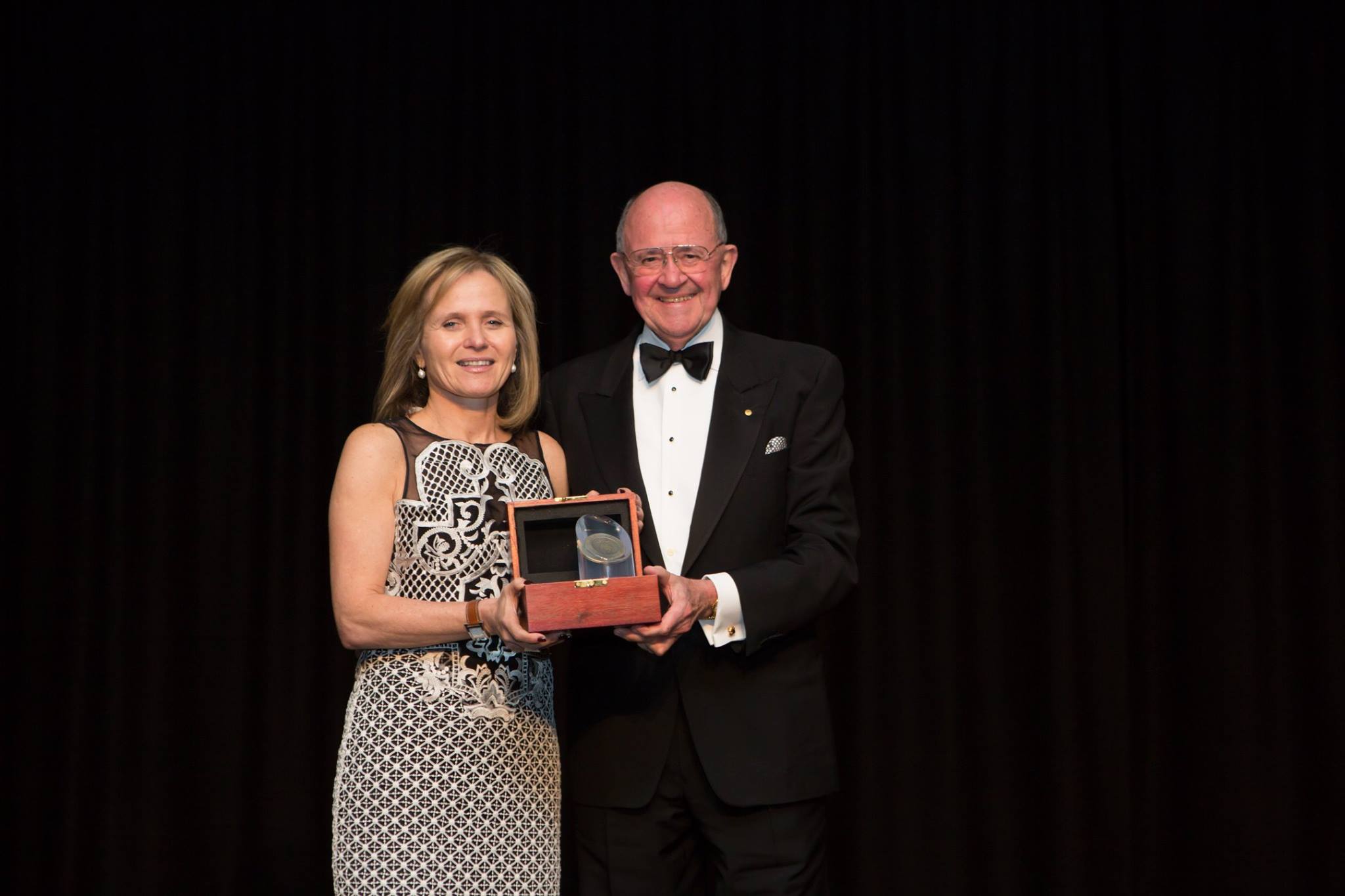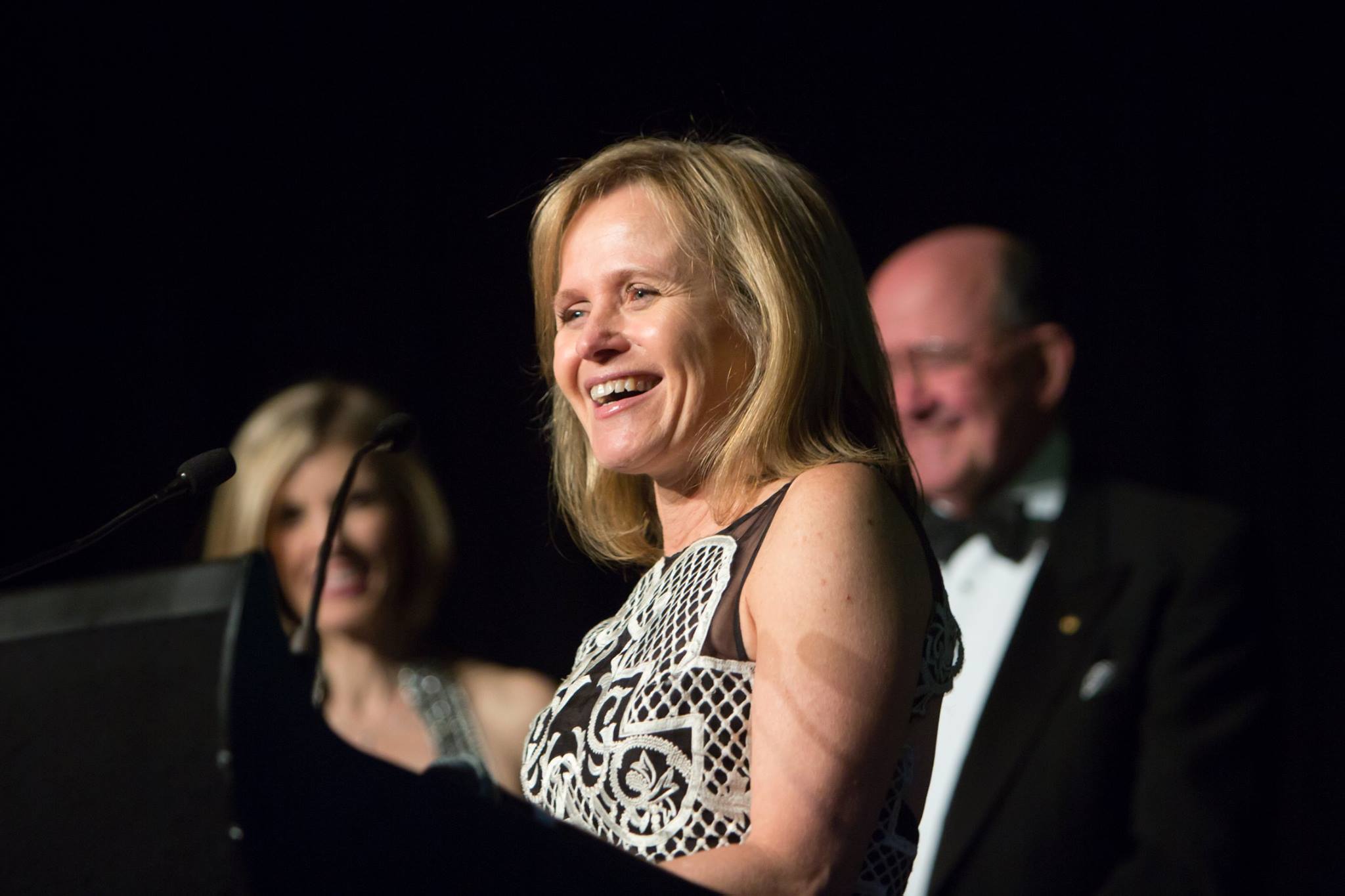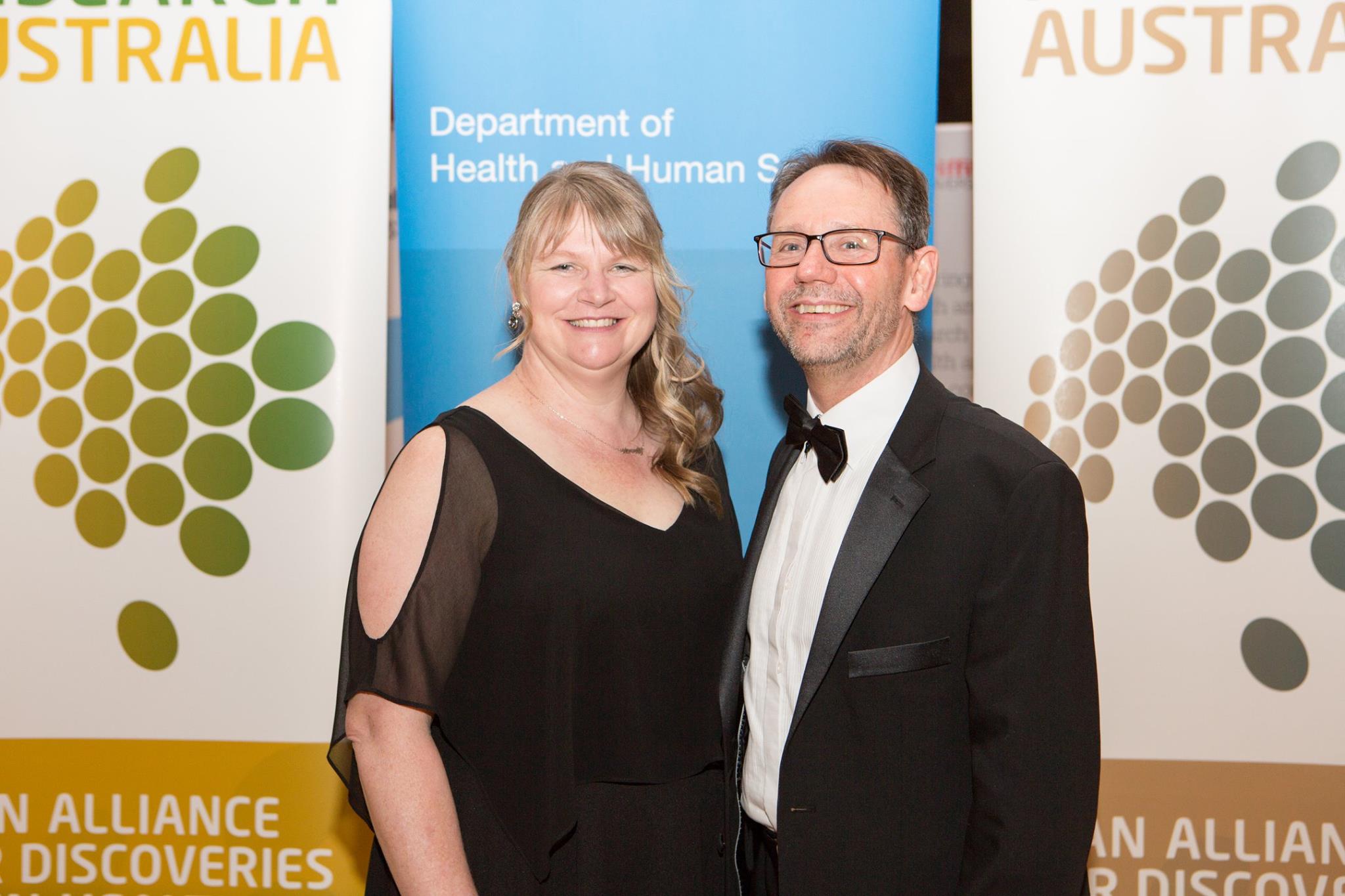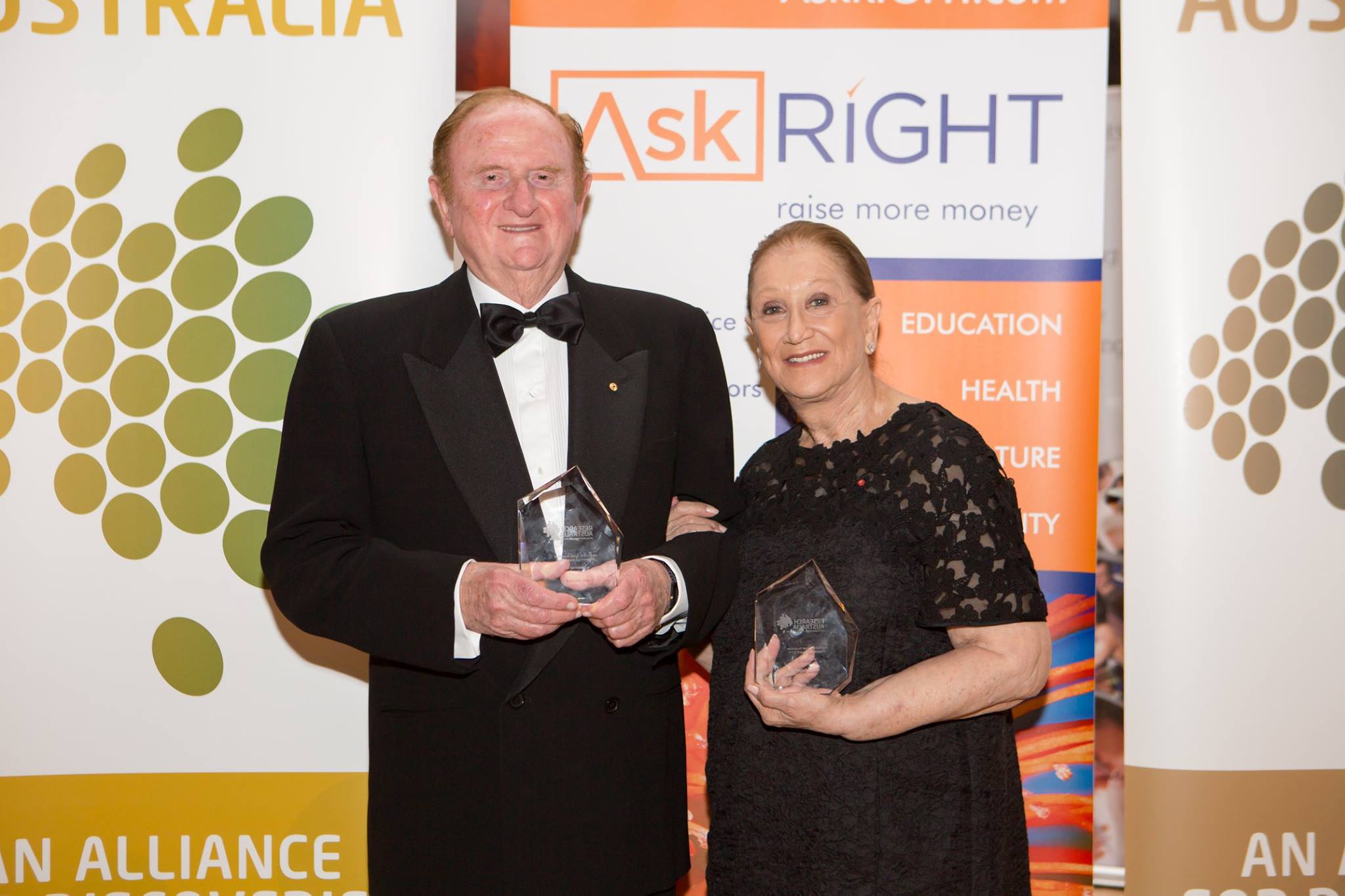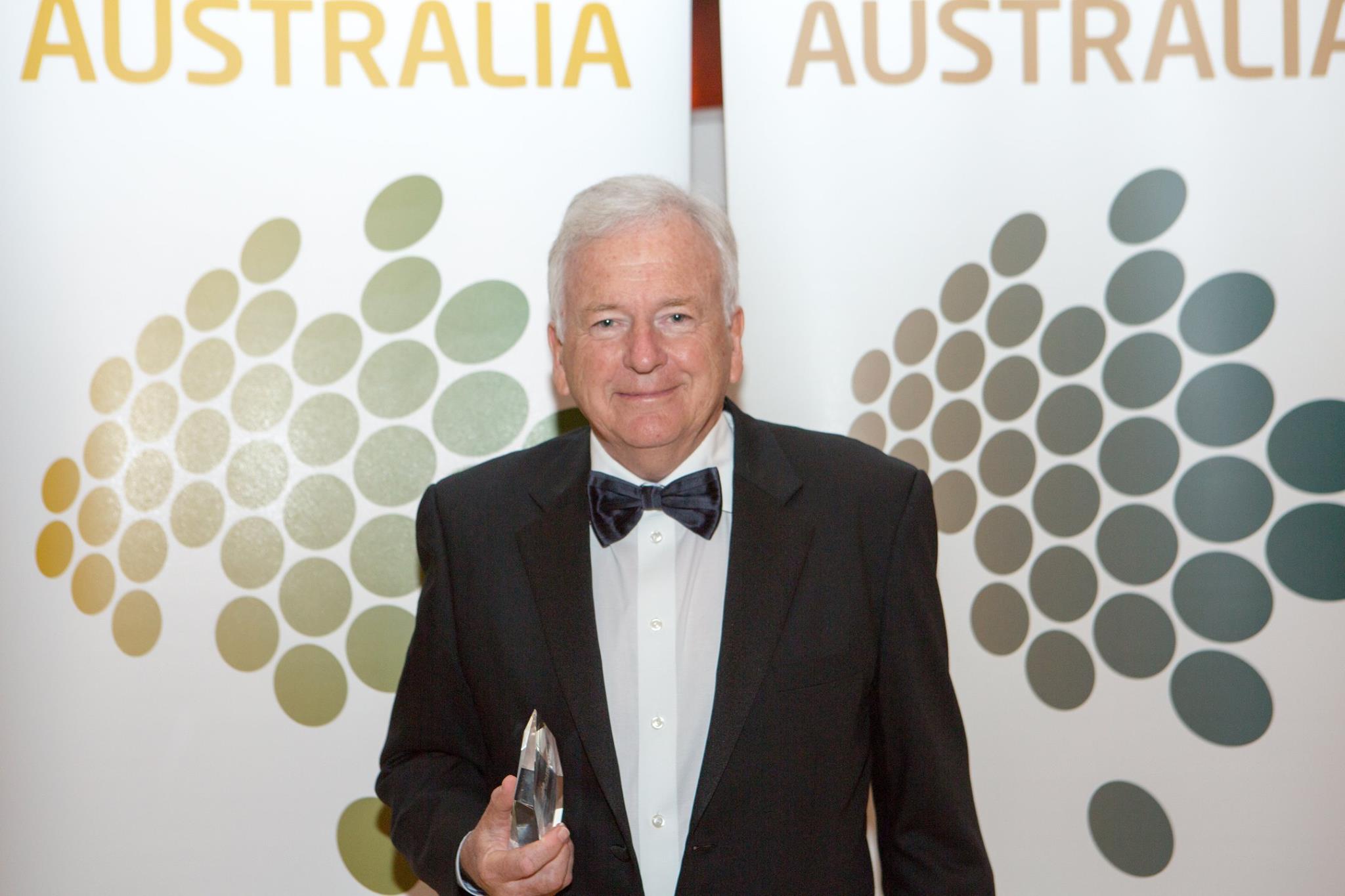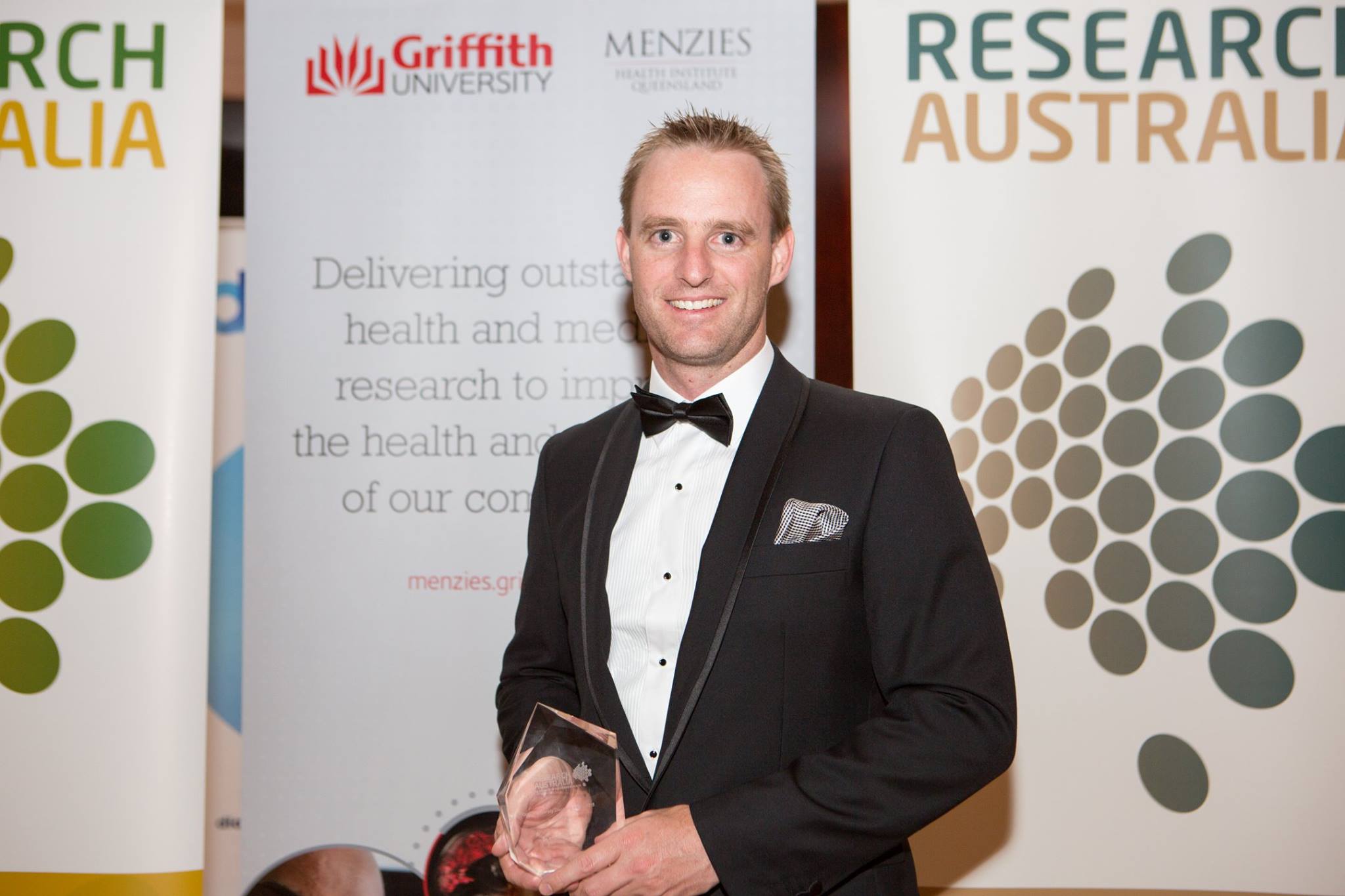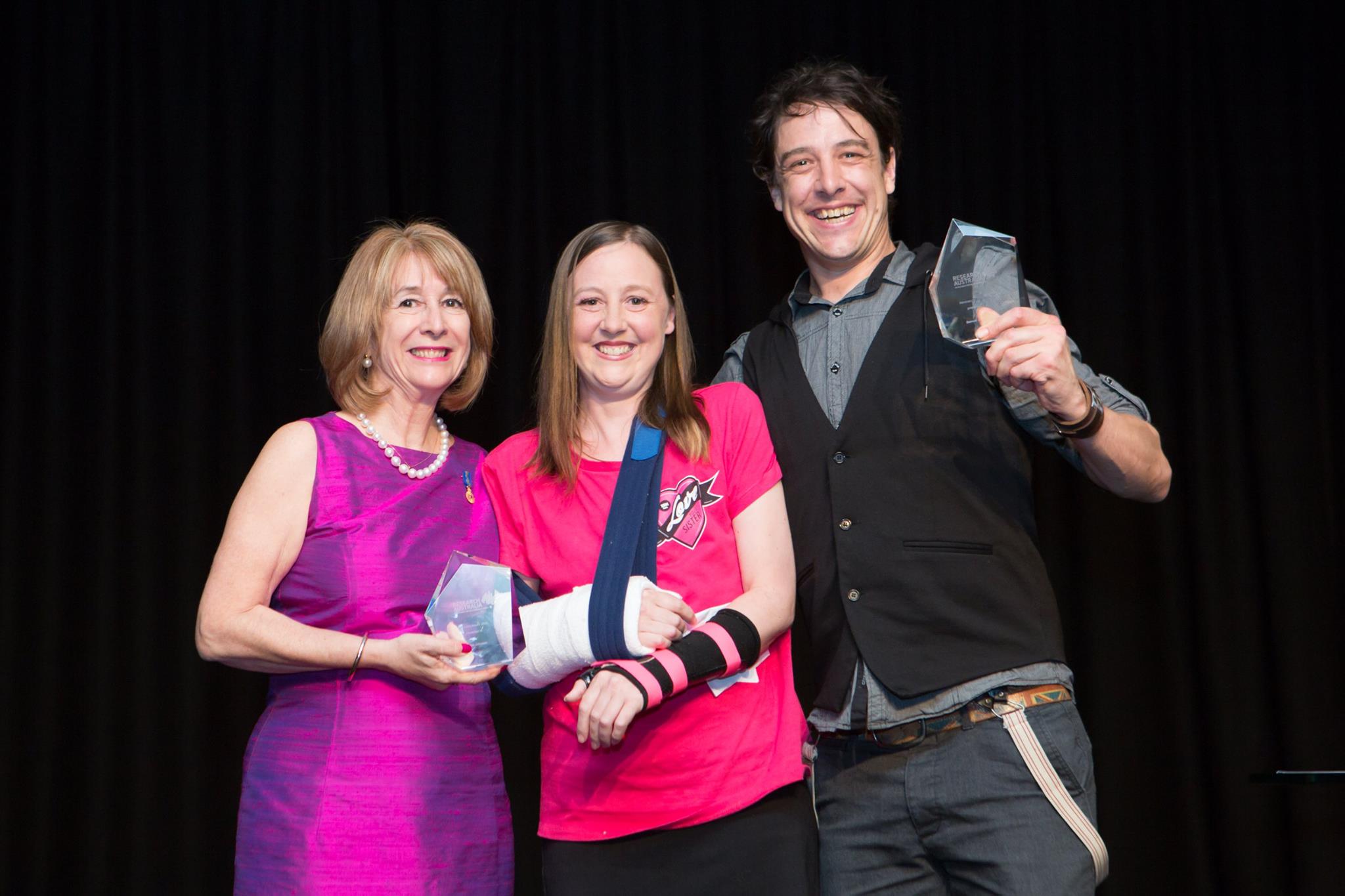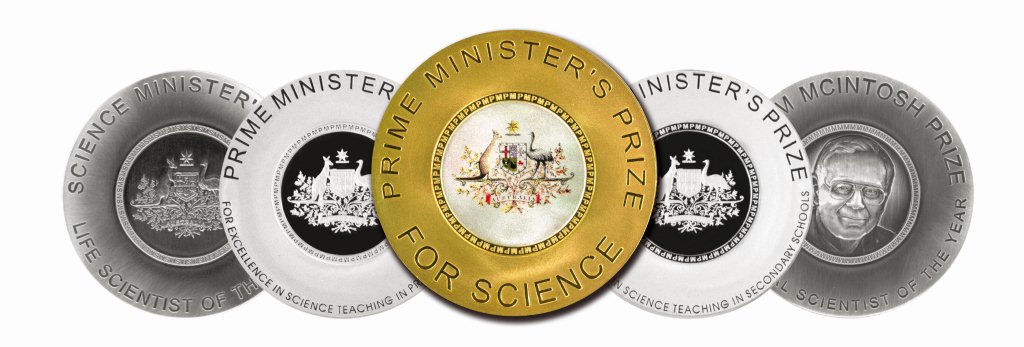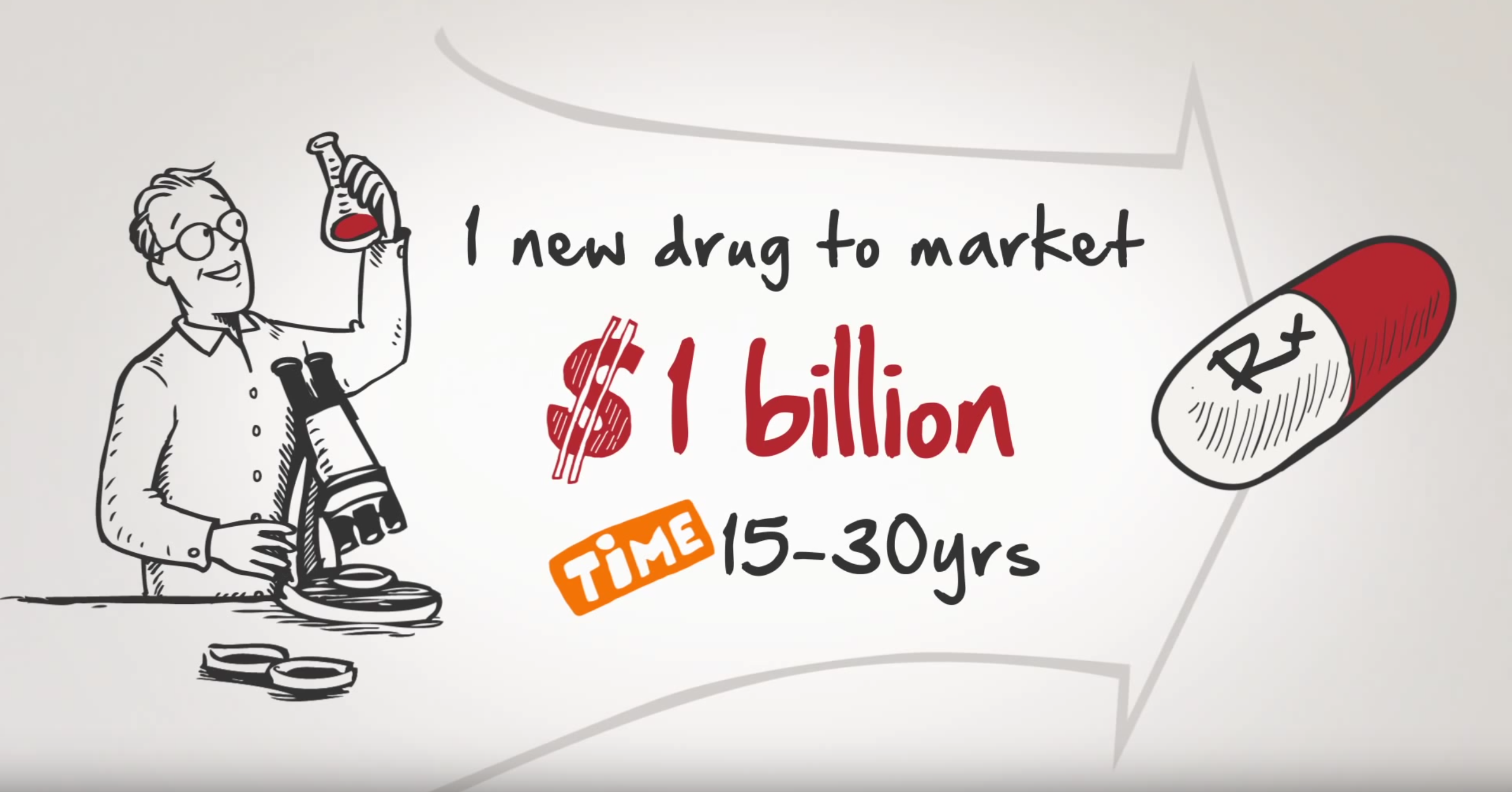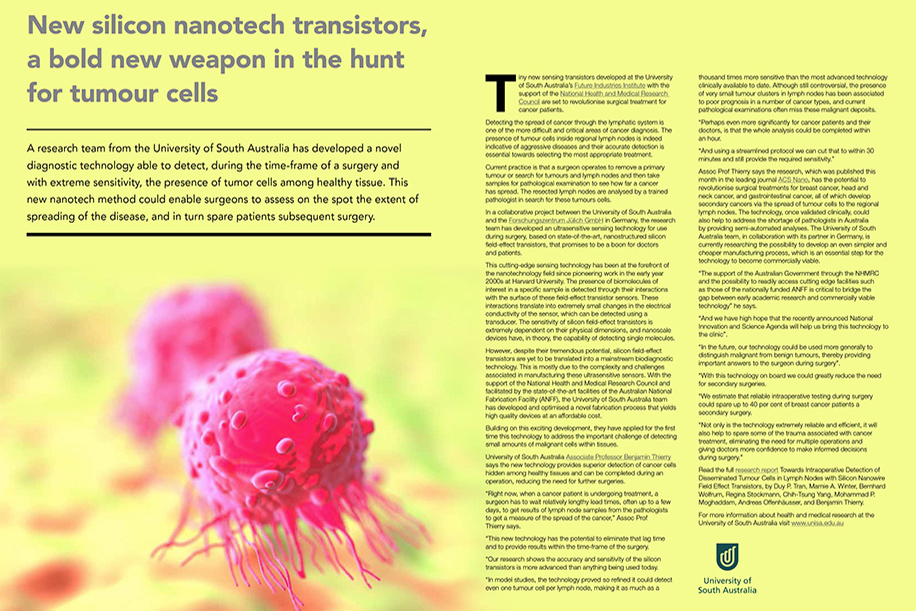Research Australia
Health & Medical Research Awards
2015 Peter Wills Medal
Award Winner
Professor Sharon Lewin
Inaugural Director
Peter Doherty Institute For Infection & Immunity
Sharon Lewin is the inaugural director of the Peter Doherty Institute for Infection and Immunity, a joint venture between the University of Melbourne and Royal Melbourne Hospital; Professor of Medicine, The University of Melbourne; consultant infectious diseases physician, Alfred Hospital, Melbourne, Australia; and an Australian National Health and Medical Research Council (NHMRC) Practitioner Fellow. She is an infectious diseases physician and basic scientist.
Sharon completed her medical training (MB., BS (Hons) 1986) and her PhD (1996) in Microbiology at Monash University, Melbourne Australia. She was trained in clinical infectious diseases in Melbourne (FRACP 1996) and did her post-doctoral fellowship with Professor David Ho at the Aaron Diamond Research Centre at the Rockefeller University, New York (1997-1999). David Ho was named Time Man of the Year in 1996 for his major contribution to discovering successful antiviral therapy for HIV. She was Director, Department of Infectious Diseases, Alfred Hospital and Monash University (2003-2014) and co-head of the Centre for Biomedical Research at the Burnet Institute (2011-2014), Melbourne, Australia.
She leads a large multi-disciplinary research team that focuses on understanding why HIV persists on treatment and developing clinical trials aimed at ultimately finding a cure for HIV infection. Her other research and clinical interests include understanding how the immune system recovers following treatment of HIV and the interaction between HIV and other important co-infections including hepatitis B virus. She is widely recognized for her innovative work in understanding how HIV hides on treatment using novel laboratory models and leading several early phase clinical trials of cancer drugs that alter HIV genes. Her clinical trial program is part of a close collaboration with the Department of Infectious Diseases, Alfred Hospital and Monash University.
She has published over 200 publications and her laboratory receives funding from the NHMRC, the National Institutes for Health (NIH), the Wellcome Trust and the American Foundation for AIDS Research. She has extensive collaborations in Asia including Thailand, Malaysia, China and India as well as collaborations with investigators throughout the US and Europe. She is a co-principal investigator for the Delaney AIDS Research Enterprise to find a Cure – a $25million NIH funded program grant of over 30 investigators working on immunological interventions to develop a cure for HIV.
She was the local co-chair of the XXth International AIDS Conference (AIDS2014) which was held in Melbourne July 2015, which attracted over 14,000 participants and was the largest health conference ever held in Australia. In 2015, she became a member of the council of the NHMRC and chairs the newly established NHMRC Health Translation Advisory Committee.
In 2014 she was named Melburnian of the Year. This is an award made each year by the City of Melbourne to an inspirational role model who has made an outstanding contribution to the city in their chosen field. This was the first time the award was made to a physician or scientist.
Sharon is married to Bob Milstein, a health lawyer. They have two adult sons, Alex and Max who are mad Essendon supporters. She is a passionate Melburnian!
